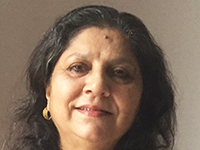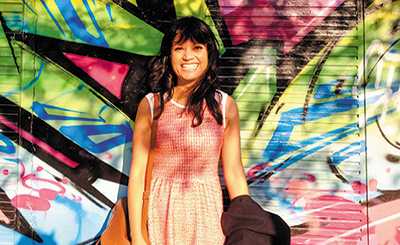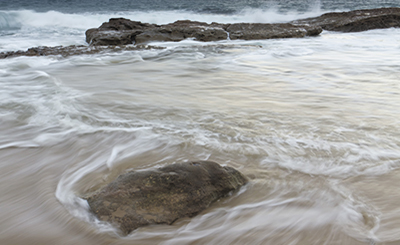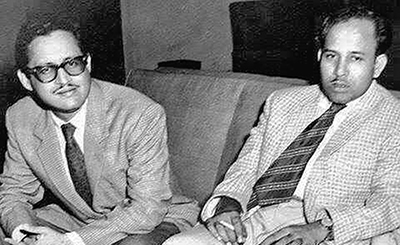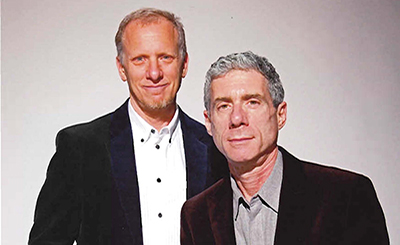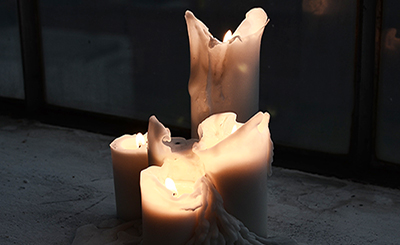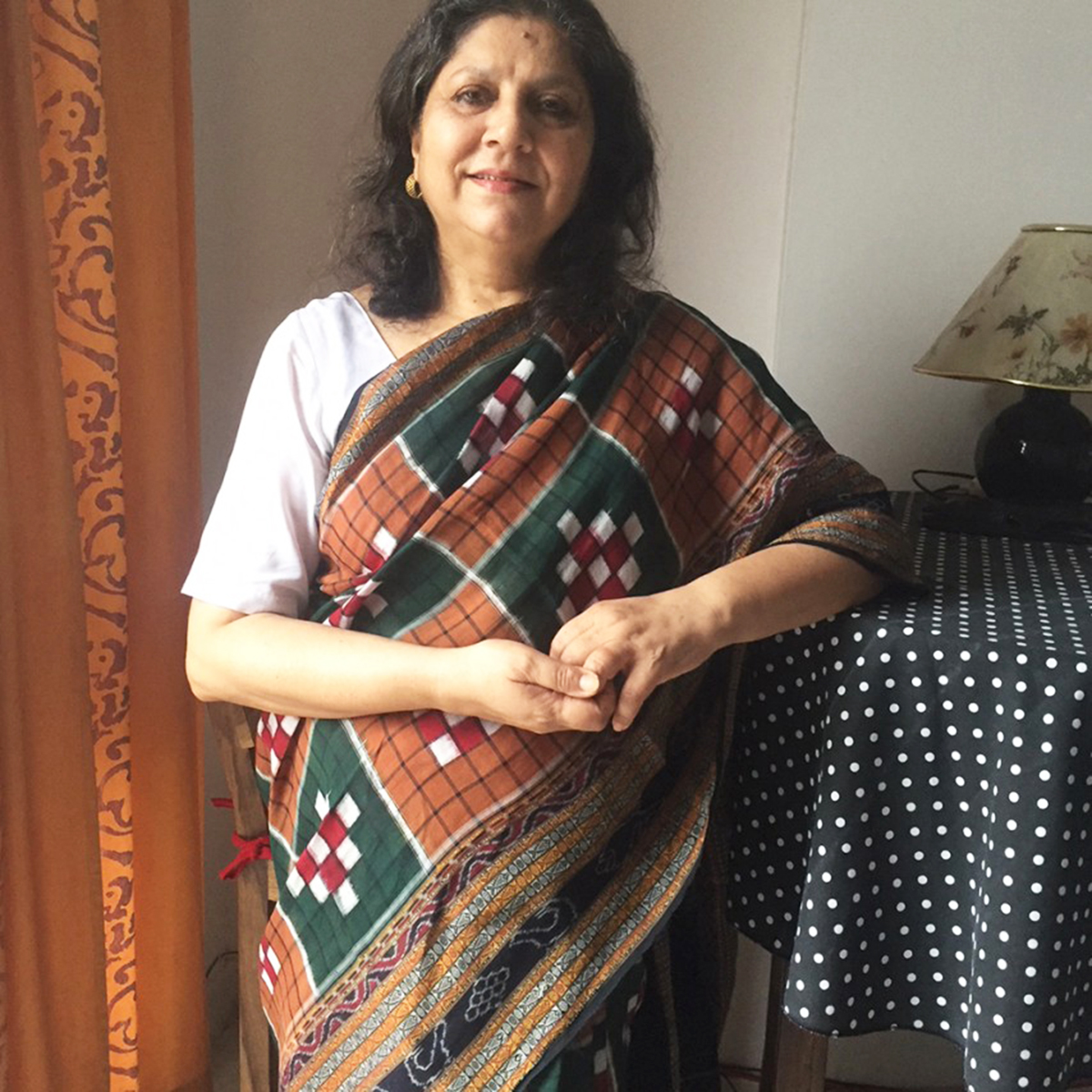
Jayshree Misra Tripathi. Photo courtesy of the poet
Poet’s Note: ‘I try to present a poem in context’
In the late 1970s, all the prescribed Literature texts for the M.A. at Delhi University were from the West. At 20, I was inclined to write poems that conformed to received standards. Sonnets came easily. I began to read Nissim Ezekiel, Dom Moraes and other Modern Indian English writers, as they are now called. Modern poetry at University had ended with Yeats’ An Irish Airman Forsees His Death. I was addicted to T.S.Eliot — especially his Tradition and The Individual Talent (first pub. 1919). His words on the “Three Voices of Poetry’ and The Love Song of J.Alfred Prufrock have stayed with me. Yet I did not “dare to disturb the universe” and wrote with innate anxiety, half a century later. I began to compose verse based on my own experiences, intertwined with poignant stories from people I had met during the years of our postings overseas, living in diverse cultures. Memories over the years are distilled, yet certain incidents never fade. After a great deal of retrospection and
introspection, I try to present a poem in context — tradition, experience and within the background or history of that period. Volga, the Telugu feminist writer, says “The advaita of water and fire is the essential quality” of my poetry! Writing poetry is not cathartic for me — I am emotionally drained after each composition.
The Sixth Chakra in Foreign Lands
I
He motions for me
to step out,
frowning at the sixth chakra
adorning my forehead.
I am wed, so it is red.
The Ancients have decreed
it contains the spirit
of my being, my wisdom.
The lady beside me
admonishes the armed boy
in a language I know not.
He evades my bewildered eyes,
three steps back, we move on.
My husband later that night
is furious I took a ride
in a friend’s car, unmarked
but for my dot.
Last week I read in the local papers
women with dots
were hustled to the back of buses.
Reminiscent of the 1980s
across the oceans,
in the land of milk and honey
and dreams —
the dot-busters
assaulted women they knew not.
I am told I may not travel by bus or taxi
in certain foreign lands.
II
I walk gingerly
two steps behind him,
my saree pallu over my head
in due deference,
held tightly in place.
Breathless, the moment
suspended in disbelief,
I am paralyzed with fear as
two guns cross my face,
the door ahead pulled shut.
My long-sleeved blouse
cannot hide my sweaty palms.
I press the sixth chakra
on my forehead —
Nano seconds or millennia pass.
The door swings open.
Guards snap their heels, salute
The Head of State.
He offers profuse apologies.
I cannot fathom the words
for they quell not my beating heart.
My husband stares aghast,
I lower my eyes,
sink into the soft sofa, inhale,
my life now safe in confined space.
Anger swells
for always being two steps behind.
III
The taxi wallah
exhales smoke rings,
at the distant homes
that dot the nearby hill,
inside a territory
he and his kin were
prohibited from entering
half a century ago.
I smile as I enter his kingdom.
Indo sarami?
He points to my bindi,
I nod.
Gandhi!
I nod.
Business?
No.
Uncomfortable
in his confined space,
unversed in his language
or his interpretation
of my English,
unwilling to engage further,
a stranger in this land
I disembark,
sooner than intended.
The full fare intact,
he nods me away.
Emptiness
Here I am
standing alone
on the balcony,
reminiscing,
listening
to the sounds
the children
once made.
My empty nest
sanitised now.
The Way of the COVID World.
Wait, an orange-rust hoopoe
visits, a parrot or two
add visual charm
to my confined space.
The essay and the poems are part of our Poetry Special Issue (January 2021), curated by Shireen Quadri and Nawaid Anjum. © The Punch Magazine. No part of this essay or the new poems exclusively featured here should be reproduced anywhere without the prior permission of The Punch Magazine.
More from The Byword
Comments
*Comments will be moderated



